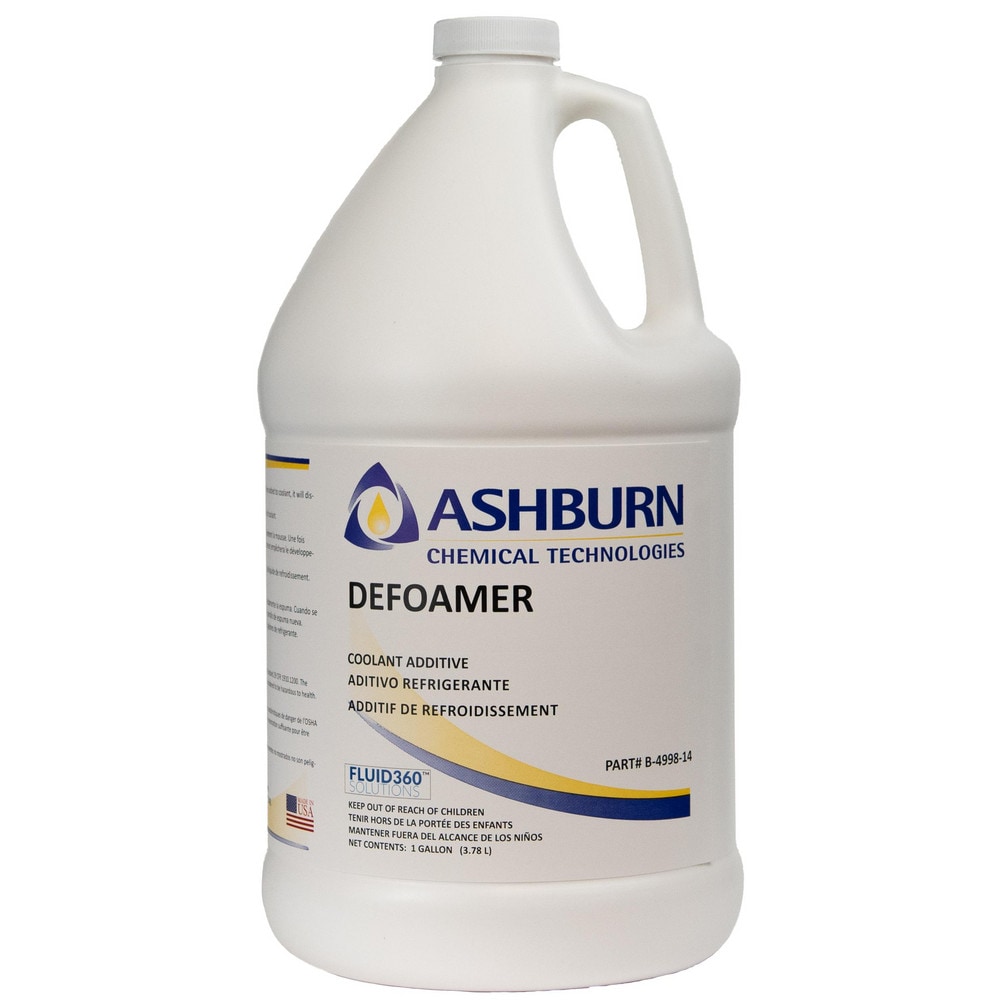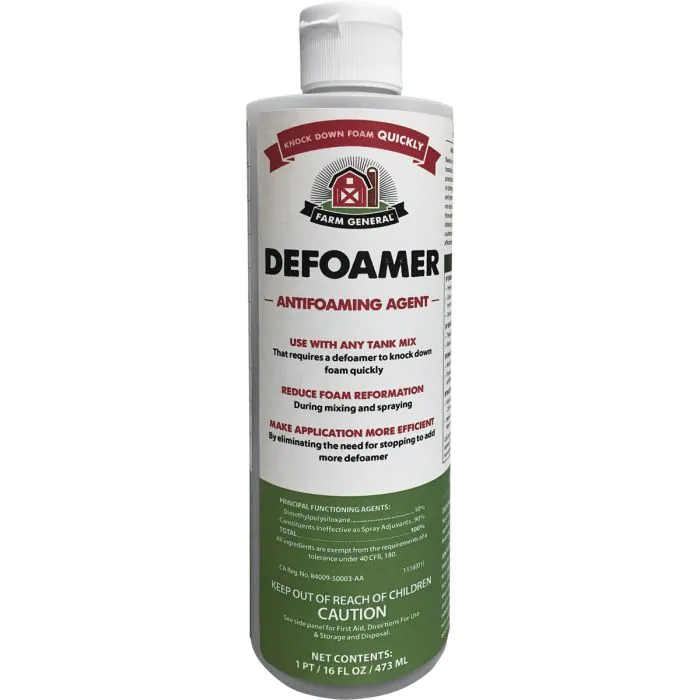Recognizing Exactly How a Chemical Defoamer Functions to Improve Industrial Processes
Chemical defoamers play a critical function in maximizing commercial processes by successfully reducing foam-related challenges. Their capability to lower surface stress and disrupt bubble formation equates into smoother operations and boosted effectiveness. However, the devices behind their action and the variety of readily available formulations require a closer examination. Chemical Defoamer. Recognizing these elements can disclose considerable insights right into not only improving manufacturing however also achieving price financial savings throughout several industries. What remains to be checked out is exactly how these defoamers can be customized to meet particular operational demands.
What Is a Chemical Defoamer?
A chemical defoamer is a substance particularly formulated to get rid of the development or decrease of foam in numerous commercial procedures. Frothing can disrupt manufacturing efficiency, influencing the top quality and efficiency of items in fields such as food and beverage, drugs, and wastewater therapy. Defoamers are crucial in these applications, as extreme foam can lead to operational obstacles, such as overflow, reduced blending effectiveness, and prevented warm transfer.
The selection of a proper defoamer is vital, as different formulas may be tailored for certain procedures or kinds of foam. Aspects such as compatibility with various other components, temperature stability, and the desired application play a substantial function in the efficiency of a defoamer.
Devices of Defoaming Activity
The devices of defoaming activity entail complicated interactions in between the defoamer and the foam framework. When a defoamer is introduced to a frothing system, it moves swiftly to the surface of the foam bubbles, displacing the stabilizing agents that contribute to foam security.
As smaller sized bubbles merge right into bigger ones, the total stability of the foam diminishes. In addition, certain defoamers might consist of hydrophobic components that improve their ability to destabilize the foam by producing a barrier that inhibits bubble development. This dual activity-- surface area stress reduction and destabilization-- enables an extra effective failure of foam.

In addition, the viscosity and dispersing qualities of the defoamer play essential duties in its efficiency. A well-formulated defoamer will certainly make sure fast movement and optimal efficiency, lessening foam formation throughout commercial procedures. By comprehending these mechanisms, industries can better pick and apply chemical defoamers to improve operational efficiency and product high quality.
Sorts Of Chemical Defoamers
Chemical defoamers can be categorized into numerous kinds, each customized to certain applications and foam challenges. The primary categories include silicone-based, non-silicone-based, and powder defoamers.
Silicone-based defoamers are very reliable due to their capability to spread out swiftly across liquid surface areas. Non-silicone-based defoamers, on the other hand, usually count on organic compounds like fatty acids or esters.
Powder defoamers include solid fragments that can be included in completely dry procedures or formulations. They are commonly made use of in procedures where fluid defoamers may not be efficient, giving an unique remedy for particular applications, such as in the production of particular kinds of powders or plastics.
In addition, each sort of defoamer can be personalized with different navigate to this site additives to enhance effectiveness, such as emulsifiers or surfactants, permitting for flexibility in addressing various lathering news situations throughout several sectors.
Applications in Industrial Processes

In the food and beverage sector, defoamers are critical throughout the production of juices, beers, and milk products, where extreme foam can prevent mixing and filtration processes. By minimizing foam development, defoamers help maintain regular item quality and enhance handling times.
In pharmaceuticals, the visibility of foam throughout the blending and formula of medications can impact dosage accuracy and item stability. Defoamers guarantee smooth procedures, consequently assisting in the manufacturing of high-quality drugs.
Wastewater treatment centers likewise rely upon defoamers to manage lathering in i was reading this aeration storage tanks, which can or else decrease therapy performance and complicate sludge handling. By effectively taking care of foam, these chemicals enhance the total performance of therapy processes and add to regulative conformity.

Benefits of Using Defoamers
While foam can offer substantial difficulties throughout different industries, using defoamers uses various benefits that improve operational effectiveness and product integrity. Defoamers properly remove or decrease foam formation, leading to smoother manufacturing processes and enhanced product quality. This reduction in foam decreases interruptions throughout manufacturing, permitting continual operation and boosted throughput.
Furthermore, the application of defoamers can result in cost savings by lowering the need for excess resources and energy intake associated with foam monitoring. By maximizing the manufacturing process, suppliers can attain greater yields and reduced waste, eventually improving success.
In addition, defoamers contribute to much better tools efficiency. Foam build-up can bring about obstructing, overflow, and devices wear, leading to pricey downtime and upkeep. By avoiding these problems, defoamers expand the life expectancy of machinery and minimize operational prices.
Verdict

A chemical defoamer is a material especially formulated to get rid of the formation or lower of foam in numerous commercial procedures. When a defoamer is presented to a foaming system, it migrates quickly to the surface area of the foam bubbles, displacing the supporting representatives that add to foam stability. A well-formulated defoamer will certainly make certain quick movement and optimum efficiency, reducing foam formation throughout commercial procedures. Defoamers successfully remove or reduce foam formation, leading to smoother production procedures and enhanced item top quality.In final thought, chemical defoamers play an essential duty in improving industrial processes by properly decreasing foam development.